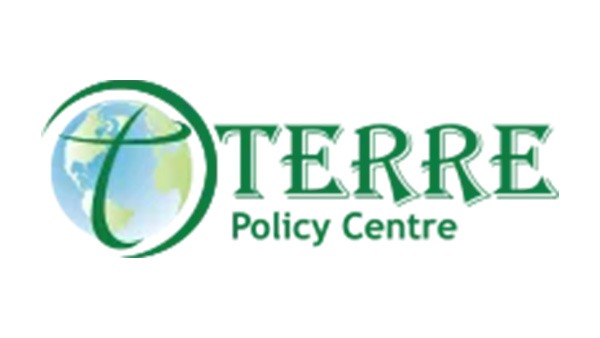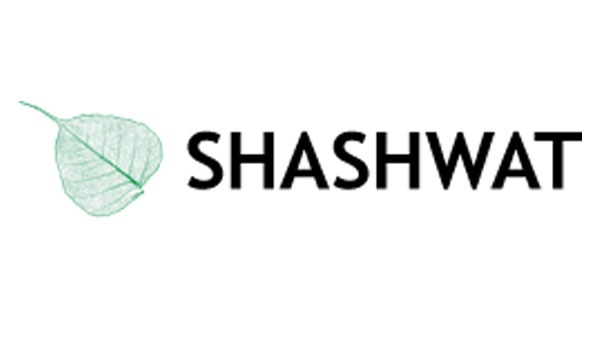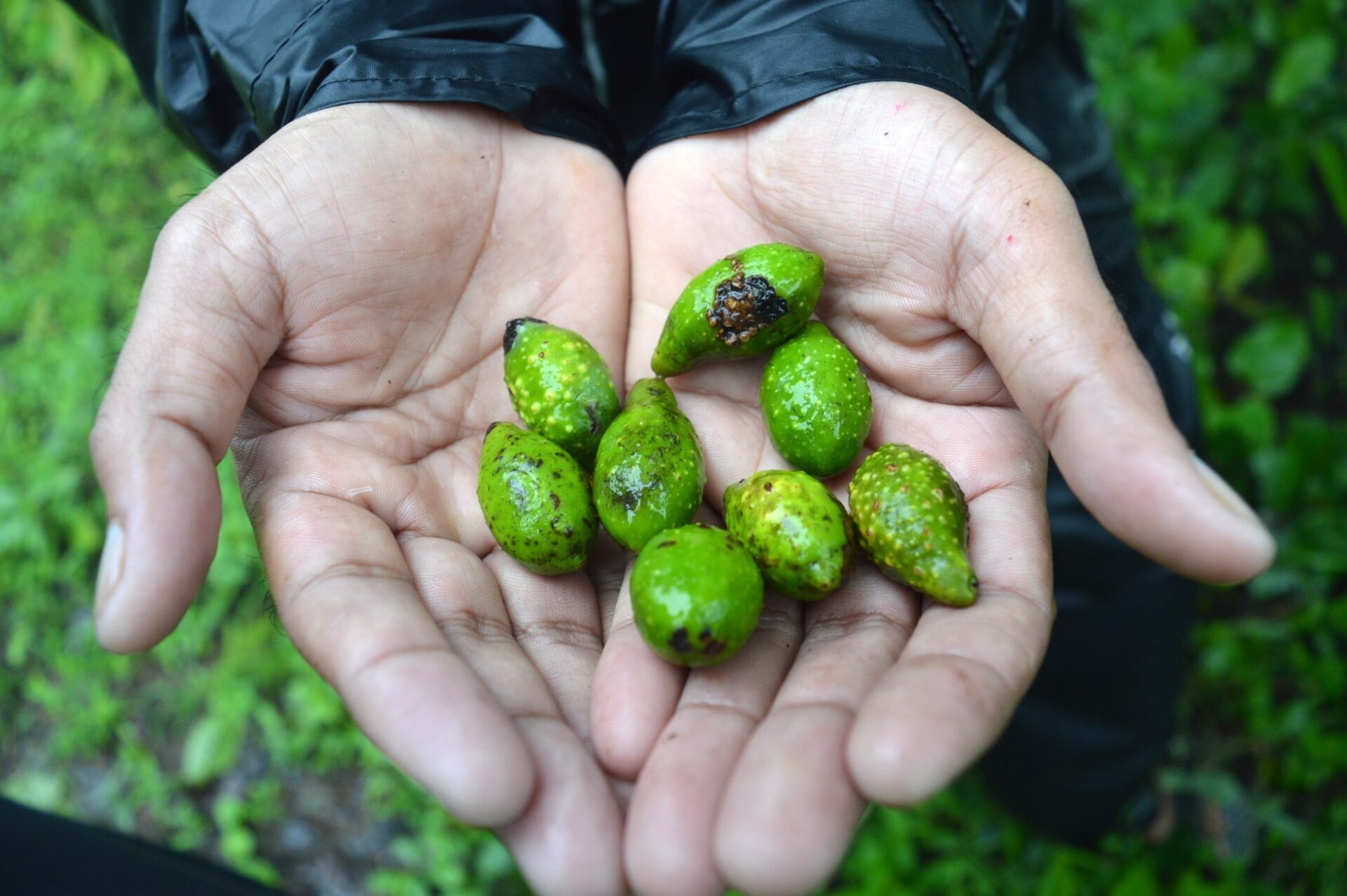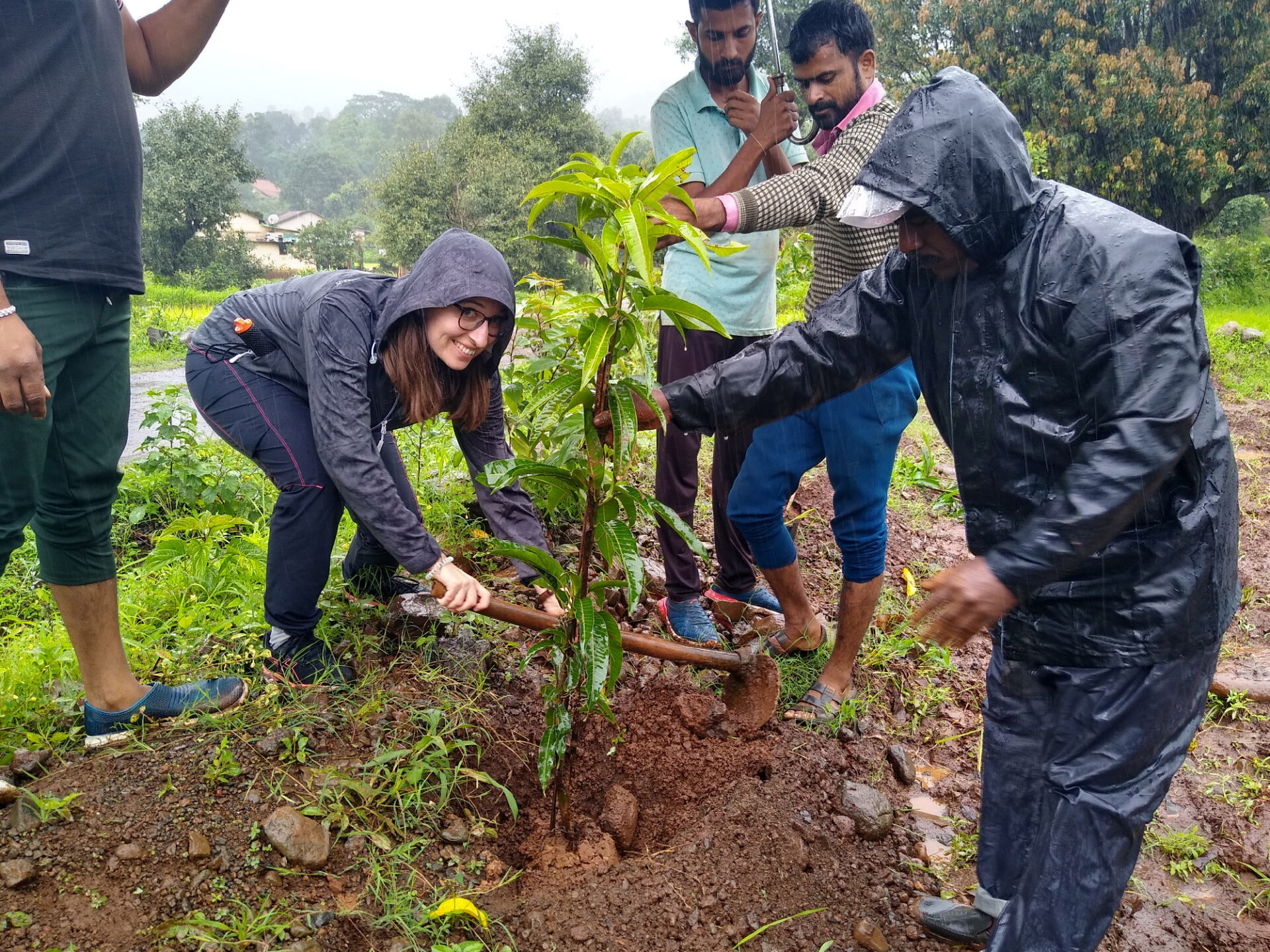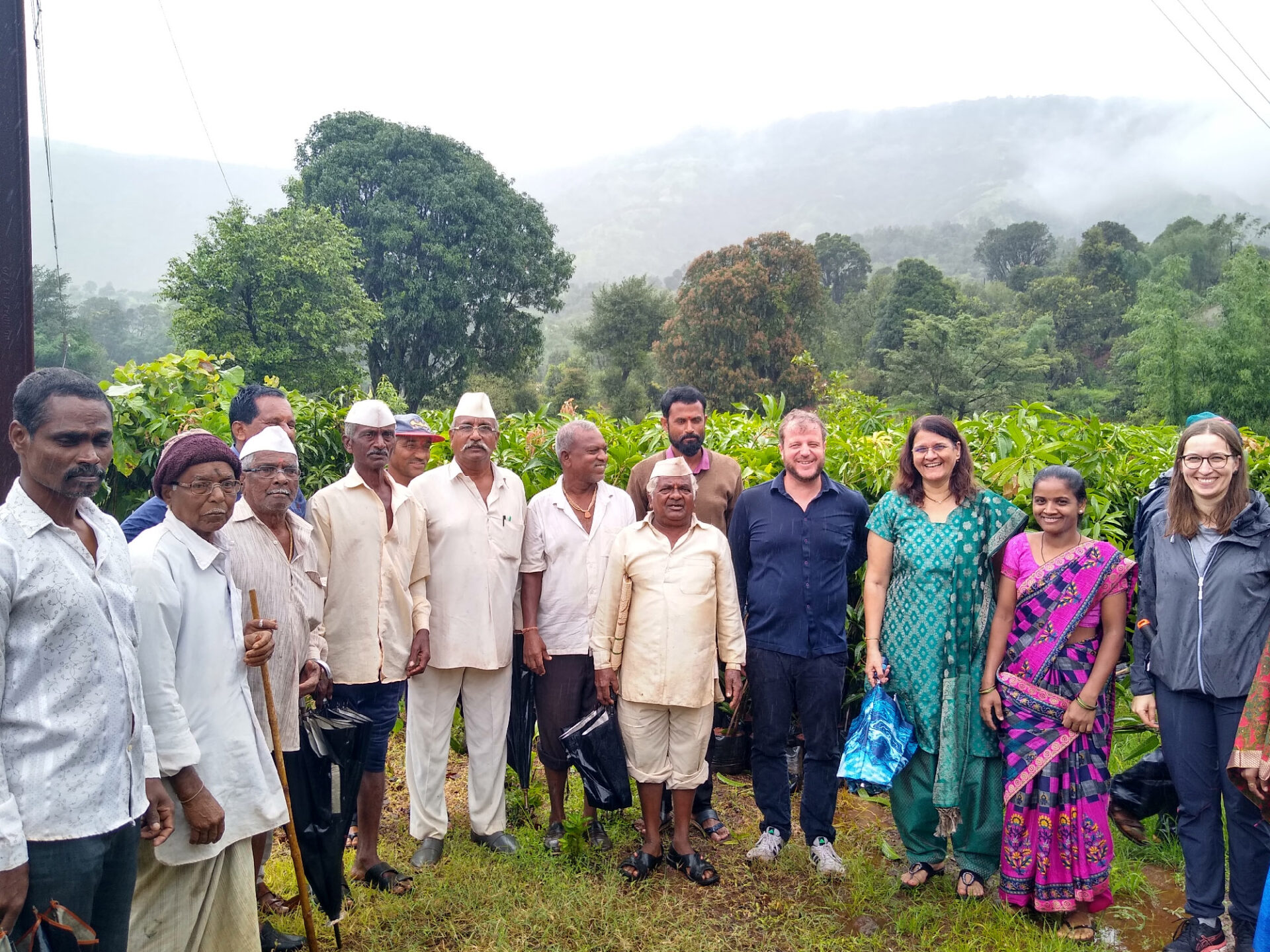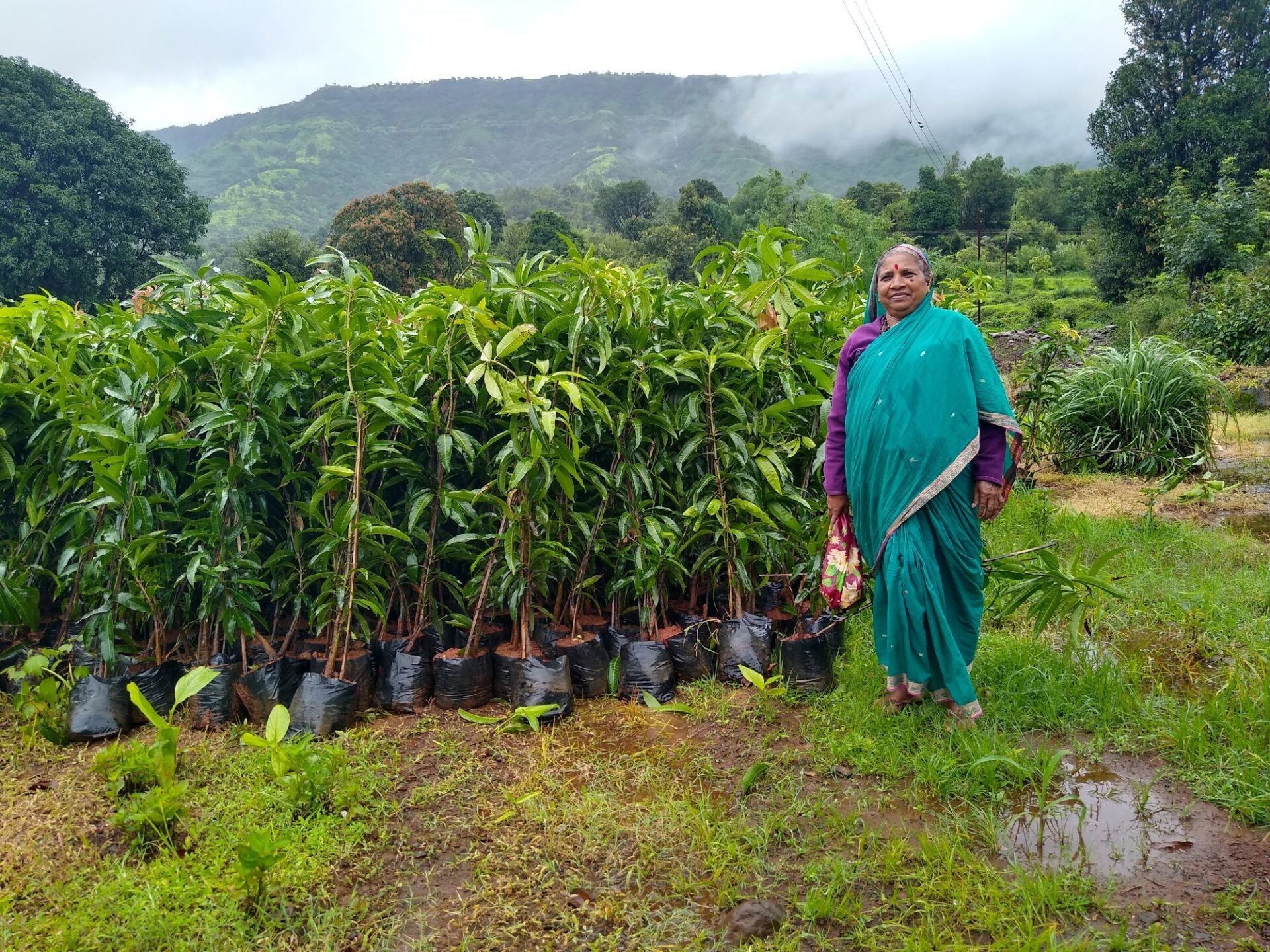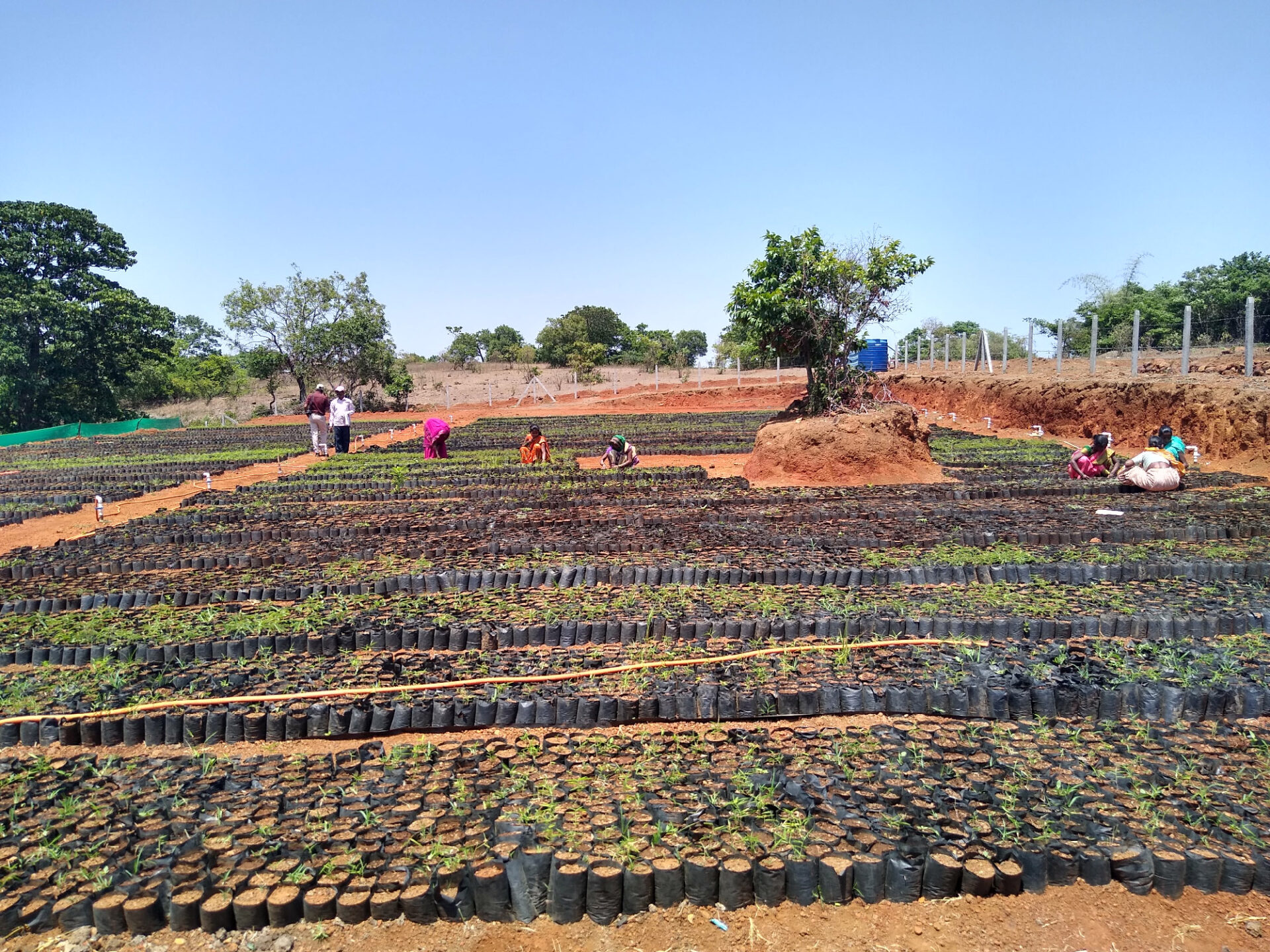The Western Ghats in India are a forested mountain range that is one of the most important biodiversity hotspots in the world due to its many endemic species. The mountain forests also have inestimable value as water reservoirs, they regulate the large-scale climate and provide many ecosystem services on which the existence of the local inhabitants depends. But the forest ecosystem is under threat: the population is growing, land use is changing – with negative consequences for people and the environment. The indigenous population groups in particular are heavily dependent on the use of forest resources. Deforestation also threatens the water supply of large cities such as Mumbai and Pune. Global climate change is exacerbating all these consequences.
With this project, we are helping to preserve and restore the biodiverse forests of the northern Western Ghats by establishing tree nurseries run by trained self-help groups. Together with the residents, we draw up an action plan for the sustainable use of resources and documentation of the biodiversity of the reforestation areas.
Project area
Goals
Improve income
Structure BAumschulen
Improve knowledge
Create an action plan
Impacts
70 ha
100
1
Impressions
Contribution to the sustainability goals
Contact person:in

Katharina Gehrig
Project manager
Development Cooperation
Tel: +49 7732 9995 86
gehrig@globalnature.org
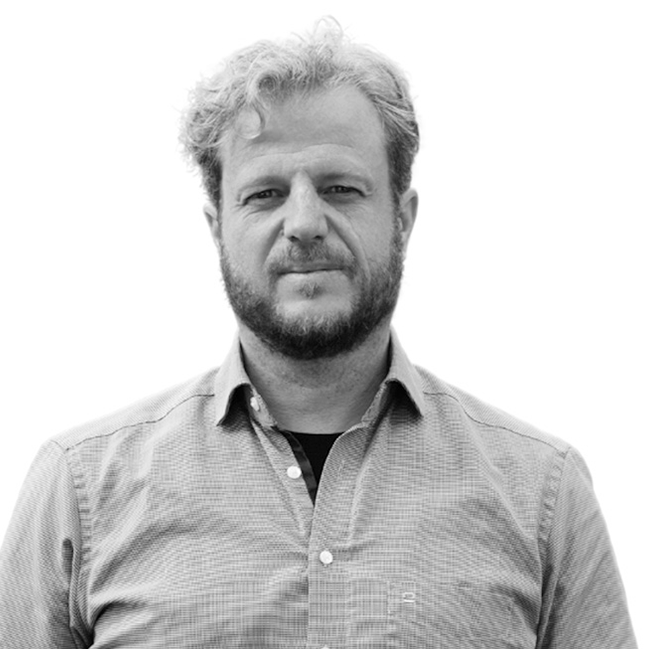

Sponsor
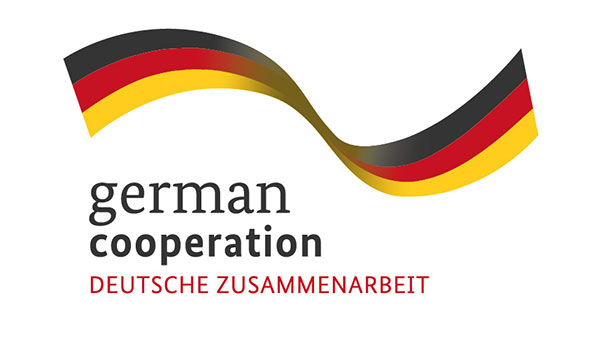

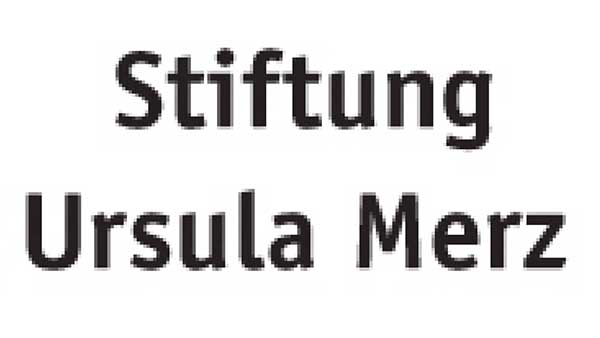

Project partners
